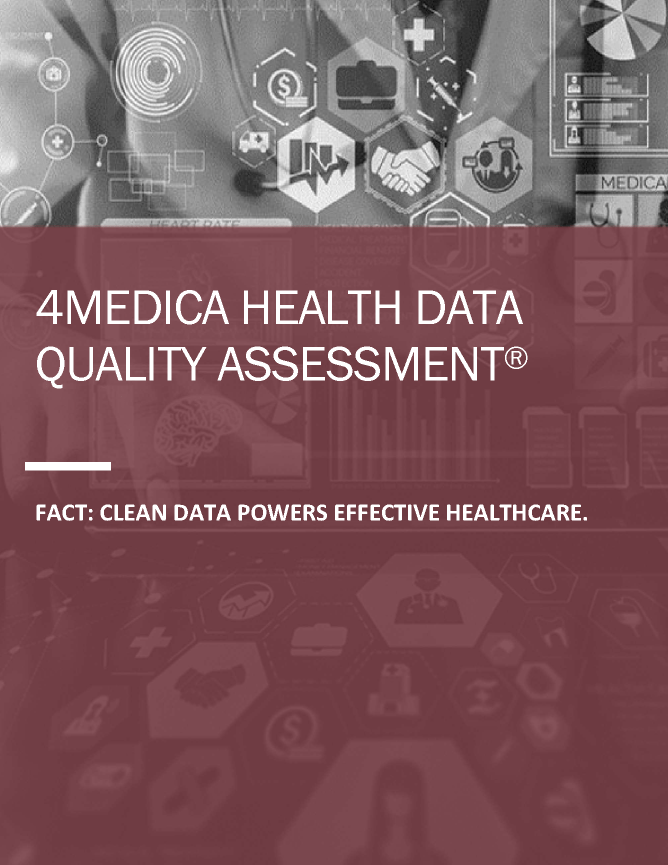Data drives health care. Vital signs, test results, measurements, genetics and personal history – they inform diagnoses, determine treatments and comprise the patient medical records that follow us throughout our lives.
Health care is awash with data and the numbers keep growing. The healthcare industry currently accounts for 30% of the world’s data volume and that share is increasing. According to one estimate, a single patient generates nearly 80 megabytes of data each year in imaging and EMR data.
So, more data must equal better health care, right? Only if the data is complete and matched correctly to the patient.
I recently discussed the dangers of the healthcare data explosion on an episode of Empowered Patient Podcast. Host Karen Jagoda asked some insightful questions about the interoperability and compatibility of data among various hospital systems and other providers.
We talked about the prevalence of duplicate patient records and the problem of overlays, which is the term for when patient medical records are mixed together. This problem has existed for a long time but is becoming more acute with the explosion in patient data.
For example, in October the Office of the National Coordinator for Health Information Technology put into effect a new interoperability rule requiring healthcare providers make it easier for patients to digitally access their medical records. The reasoning behind the requirement is that better-informed patients will be able to make wiser decisions about their health care.

While that’s generally true, it also carries the risk that patients will access duplicate records and overlays, and then spread them to other providers and payers. The average patient is not trained to spot inconsistencies in medical records and would have no idea there is a problem.
The dangers posed by low-quality data are real. It can lead to misdiagnoses and incorrect treatment. There is an administrative burden as well. Duplicate records and overlays often must be corrected manually by staff through a laborious and time-consuming process. Uncorrected mix-ups can lead to billing mistakes and claim denials.
4medica provides healthcare data management solutions to help labs and providers improve data quality through automation technology that uses AI and machine learning to reduce human intervention and error in patient matching.
Karen and I also went on to talk about problems with large-scale data exchanges between health systems and why biometrics is the future of patient identification. You can listen to the Empowered Patient podcast here.
Stay In Touch:
| Thank you for Signing Up |


Stay In Touch:
| Thank you for Signing Up |


